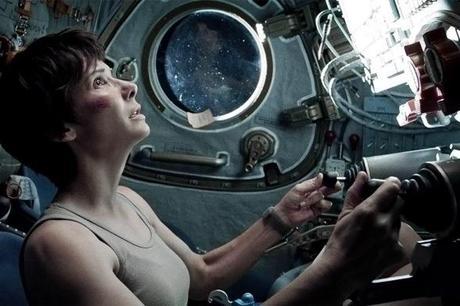
A lot of things have to happen in the first twenty pages of your novel. You’re busy introducing characters, setting, smashing that perfect opening line (stop it…It’s not as important as everyone says). But there is something often overlooked by writers. That is the statement of your theme.
The Story Question
The Theme and Story Question go hand in hand. Your mission, whether you choose to accept it or not, is to let your reader know the game she’s getting into. Is the theme one of Good vs. Evil? Greed vs. Charity? Forgiveness vs. Resentment? We want to know and we want to know now.
How do you do that? The best way to get the theme stated is through a secondary character. For example, your romantic comedy is about a young nerdy woman who is only interested in quantum physics. Until the godlike new assistant football coach shows up to the university where she is employed. She’s having lunch with one of her colleagues when Mr. Perfect walks by and she’s caught leering. The friend leans in and whispers, “Men like that don’t want 200 IQs, they want 36 bustlines.”
There it is, the theme stated: Beautiful people are not compatible with beautiful minds. Or: Intelligence isn’t attractive.
That theme has been done so many times we could probably have a week long movie marathon based on it and not make a dent. But it works. Over and over. Never be afraid of re-use and recycle. There are no new themes or plots, just new writers.
Why State your Theme?
In every successful novel and movie, the reader or viewer wants to know the story question. What do we hope to prove or disprove by the end of this story? In the case above, we sincerely hope that the friend is wrong and that our nerdy physicist ends up in the arms of Apollo, making really smart babies who get football scholarships to CalTech.
Even in genres like mystery, the statement of the theme is vital. The theme, or story question, is not whodunnit? The question is can this detective, with all his emotional baggage and anger issues, pull himself together to catch the killer?
This is where most of us go wrong in our initial foray into genre. We assume the theme is true love wins in our romance or good triumphs over evil in our thriller. Christian Fiction is even worse. The theme is always assumed to be faith conquers all adversity. These are nothing more than overall category themes (there must be a better name, but I’ll stick with that for now). The whodunnit in mystery or will she survive in suspense are not your story questions. Dig deep.
State it Early
None of your readers will read the scene with the physics genius and the football coach and say, “Ah…there’s the theme stated!” That’s our job to pick those things out (which you should try to do as you read other novels). But readers instinctively know when something is missing. In our example above, they will probably figure it out, just like you’d figure out you were in a hardware store because you’re suddenly surrounded by tools and men speaking only in single syllables. But we all like a sign out front, don’t we? A book cover with a bare chested football coach and a busty woman holding a slide rule might be a decent clue, but always assume the cover has been ripped off or, more likely, it looks like thousands of the same covers in your genre.
One of the best themes stated I’ve seen in a while was recently in the Sandra Bullock film Gravity. I highly recommend you see this film for a number of reasons. Like how to put one obstacle after another in front of your protag. But co-star George Clooney states early in the film something along these lines: I may live or die, but it’s been a hell of a ride.
Yes yes yes! What a fantastic theme. Of course he’s not just talking about a shuttle ride. Eventually, when we learn of Bullock’s past, we realize he’s talking about life. To drive it home, Bullock repeats the theme at the end of the film, during re-entry in a capsule that is the space version of a ’73 Dodge Dart. Bullock is reporting to Houston, who she hopes can hear her. And she says IT: I may burn up in the next ten minutes or I may survive…either way, it’s been a hell of a ride.
You may applaud. I did.
This is what you’re after with the statement of theme. When your reader gets to the end, she’s stand up and applaud because your hero finally gets IT. And IT is the theme, or story question.
What about you? Can you think of a novel or movie that nailed the theme and made you stand up and applaud?

